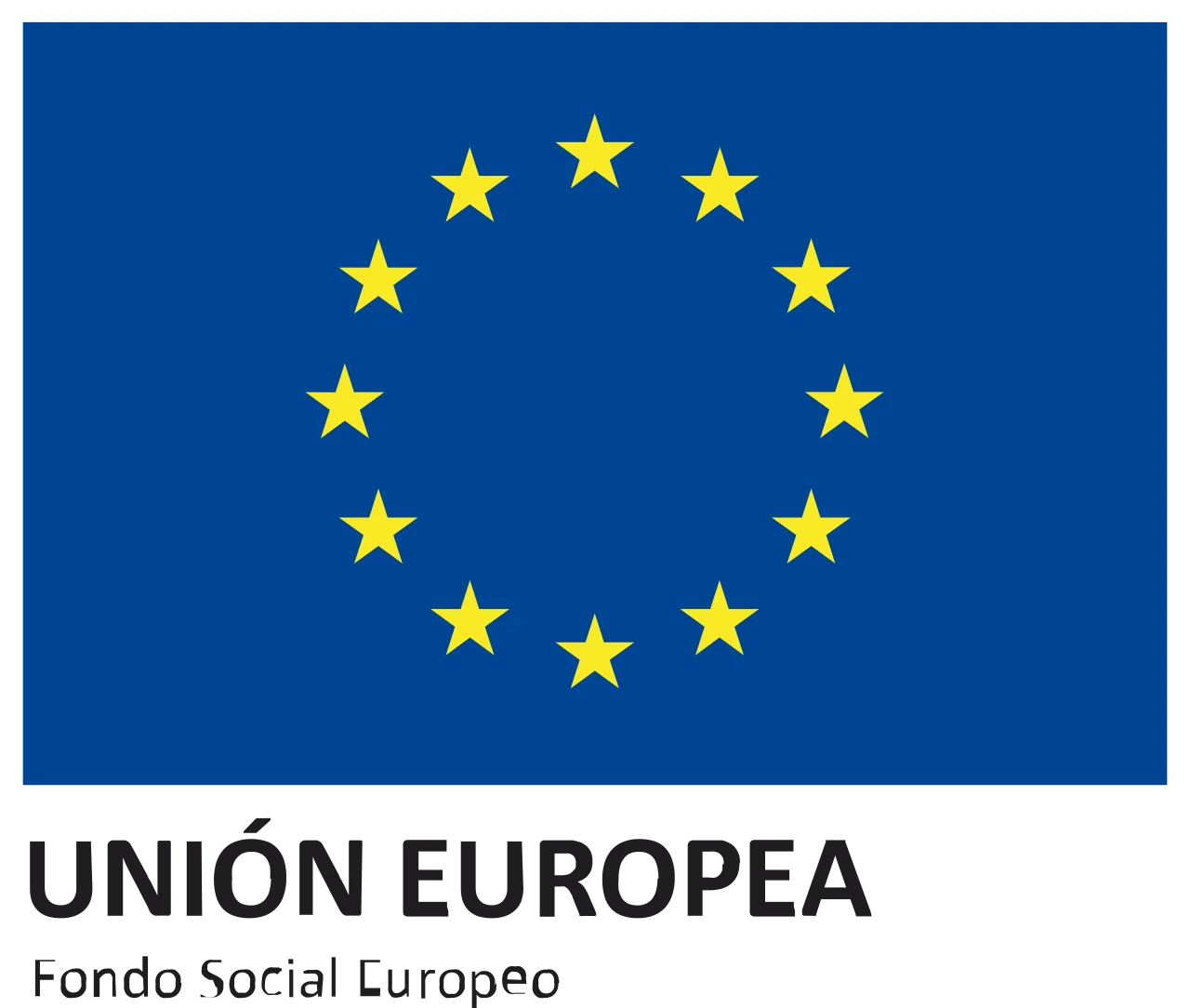Services
Applied
microbiology
Cultiply is a comprehensive platform for the development (CRO service) and production (CMO service) of a wide variety of microorganisms, proteins, enzymes and other biological components.
Isolation and screening
In our company, we carry out a technique called isolation and screening. It consists on collecting environmental samples from several different places, such as the soil, water, and other natural environments to isolate microorganisms that might have an application for our projects.
Once the samples have been collected, the microorganisms present in the sample are isolated trying to obtain pure cultures. Subsequently, they are screened using different characterization techniques to identify the microorganisms with the desired traits for the specified project.
This process of isolation and screening allows us to obtain unique microorganisms specifically for our applications instead of acquiring the rights to use commercially available strains. This gives our customers a clear competitive advantage in the development of their products.
Furthermore, this technique allows us to better understand the biodiversity of ecosystems and their capacity to generate microorganisms with useful properties in various areas, such as biotechnology, agriculture, food production, or medicine.
Identification
In Cultiply, we use the identification technique based on 16s ribosomal RNA or ITS sequences to taxonomically identify the microorganisms we isolate. This technique allows us to precisely determine the species or taxonomical group the microorganism belongs to, whether it is a prokaryote or a eukaryote.
To do this, the DNA region containing the 16s or ITS sequences is amplified. Primers that are complimentary to highly conserved parts of the sequences are used for this purpose. An amplified fragment is obtained that also contains a variable region, that is characteristic of each microorganism and allows for its classification in a related taxonomical group.
Next, the sequence is compared with different databases, which allows us to precisely identify the species or taxonomical group that the organism belongs to. This technique is very useful because it allows us to identify microorganisms that would, otherwise, be hard to identify with other methods. It also provides valuable information regarding the biodiversity of ecosystems.
Improved strains
In Cultiply, we use different applied microbiology techniques to improve microorganisms. The objective is to adapt them to a certain nutritional source or to optimize the production of a certain metabolite. This allows us to obtain more efficient strains specifically for our projects. This gives our clients a competitive advantage in the agricultural and food sectors.
Some of the techniques we use for strain improvements include directed mutagenesis, resistant strains selection, co-culture utilization, and the selection of the strains with the highest production capacity for a metabolite of interest.
Directed mutagénesis is based on the controlled introduction of DNA mutations in the organism to improve its characteristics. Resistant strain selection is used to obtain strains able to grow in the presence of a certain compound, such as a pesticide. Co-culture utilization allows us to obtain beneficial interactions between different strains, which can improve the production of metabolites of interest. And lastly, the selection of strains with a high production capacity for a metabolite of interest is based on the identification of strains that produce higher quantities of a certain compound.
It is important to highlight that these techniques do not involve the use of Genetically Modified Organisms (GMOs), which provides a considerable competitive advantage in the current market.
Molecular biology
In our company, we use molecular biology techniques to design and build strains that allow for the overproduction of compounds with high-added value, such as recombinant proteins, specialty fatty acids, or enzymes with industrial applications. These compounds have great potential in the development of innovative products in different industrial sectors, such as pharmaceuticals, food, or chemicals, among others.
Molecular biology is a discipline that allows us to manipulate and study the DNA and RNA of organisms. In the case of our company, we use cloning, mutagenesis, vector construction, transformation, and strain selection techniques, among others, to design and build strains that allow the overproduction of compounds of interest.
The correct choice of expression system is key to the success of future fermentation scale-up. In this sense, it is important to select the most appropriate expression system for each compound, since this will influence the quantity and quality of the product obtained. Some of the expression systems we use include those based on bacteria, yeast, and molds.
In summary, in our company, we use molecular biology techniques to design and build strains that allow for the overproduction of compounds with high-added value. The correct choice of the expression system is key to the success of future scaling-up of the fermentation and allows us to obtain high-quality products in sufficient quantities for their industrial application.










